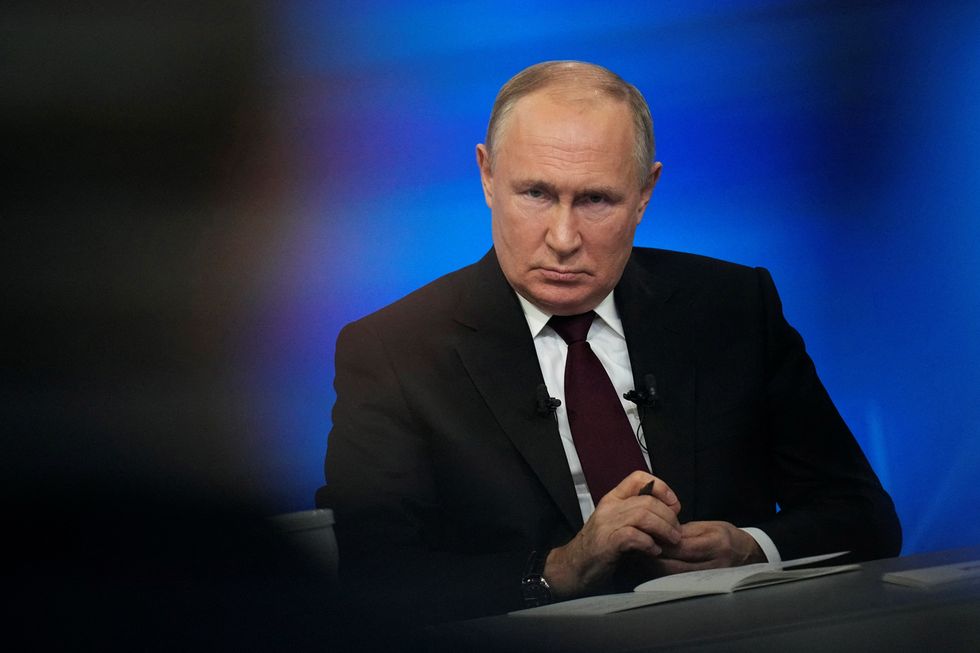Tyrant Putin will seize property from anyone who speaks out against Russian invasion of Ukraine

The proposed legislation has been backed by the main political parties in Russia
Don't Miss
Most Read
Latest
Russians who have criticised Putin’s war efforts in Ukraine are at risk of losing their property under new legislation being considered by the Kremlin.
The state could seize the property of people convicted of defamation of the armed forces or who have endorsed sanctions against their own country.
Criticising Moscow’s “special military operation” has been a crime since they invaded Ukraine in February 2022, however, the new bill would make punishments even harsher.
Those who have condemned the Kremlin and left the country but make money through renting their homes could have their property seized under new laws proposed by the Russian government.

A new bill proposed by the Kremlin would allow the Russian government to seize property from those who have criticised Putin's war efforts
| ReutersIt has been backed by the main political parties and appears likely to pass into law.
The legislation would also allow enforcement to take the money off of journalists who have been convicted of writing “fake information” about Russia’s war efforts in Ukraine.
Other valuable assets such as cars and flats could also be taken as punishment, lawyers have said.
Vyacheslav Volodin, the chair of the State Duma, has dubbed the new bill “the scoundrel law”.
LATEST DEVELOPMENTS:
He said it was “necessary to punish scoundrels, including cultural figures, who support Nazis, pour dirt on our country, soldiers and officers involved in the [war].”
“Anyone who tries to destroy Russia, betrays it, must be punished as they deserve and compensate the damage caused to the country at the expense of their property,” he said whilst announcing the submission of the bill.
He added that under the proposed law, those found guilty of “discrediting” the army also face being stripped of honorary titles.
Legal experts have stated that the tougher legislation would make it easier for anti-war Russians to be punished.

Anti-Putin demonstrators take to the sweets of Krakow, Poland
|Getty
Evgeny Smirnov, the head of the independent legal firm First Department, said the bill would give Russian law enforcement agencies a “new tool to put pressure on those who disagree with the policy of the Russian authorities”.
Multiple activists have received lengthy jail sentences due to the existing bill.
Last month, one of the country’s best-selling novelists, Boris Akunin, has been charged under the law and added to a register of “extremists and terrorists”.
Dmitry Glukhovsky, another well-known writer, was given an eight-year sentence after he was found guilty of spreading misinformation about the Russian army.








